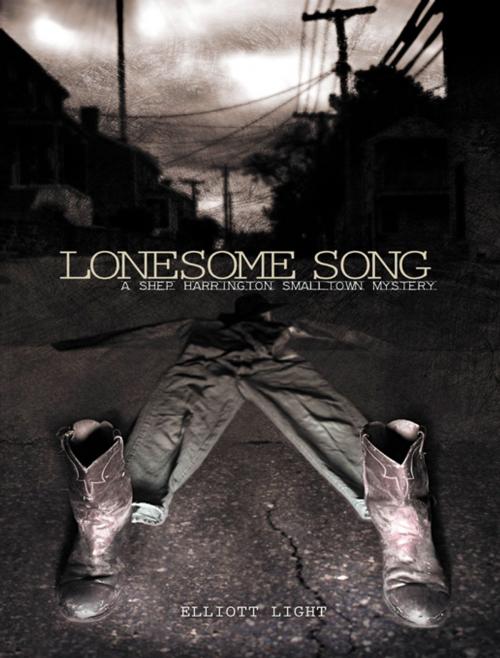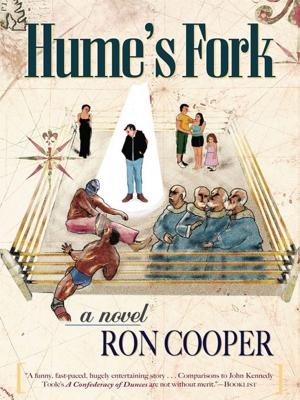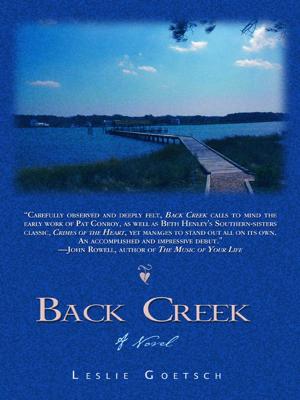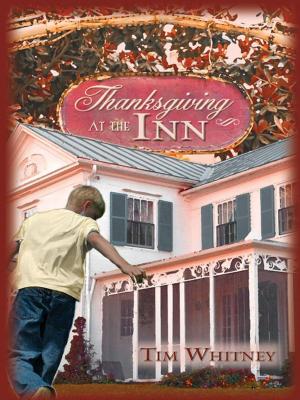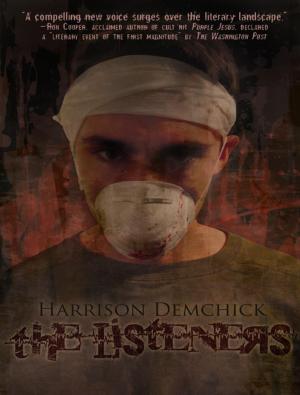| Author: | Elliott Light | ISBN: | 9781610880640 |
| Publisher: | Bancroft Press | Publication: | June 12, 2002 |
| Imprint: | Language: | English |
| Author: | Elliott Light |
| ISBN: | 9781610880640 |
| Publisher: | Bancroft Press |
| Publication: | June 12, 2002 |
| Imprint: | |
| Language: | English |
Reilly Heartwood, a famous country singer, is dead. His sister doesn't recognize the dead man's body. The local reverend has refused to permit burial. Reilly's death is ruled a suicide. And no one has bothered to investigate. What the hell is going on here? That's what Shep Harrington, a 32-year-old divorced and disbarred lawyer, wants to know, and can't quite answer. The deeper he probes, the more he's drawn into reconstructing the final minutes of Reilly's life, the more he's compelled to confront his own past, and to ultimately learn the startling truth about his mother, Reilly, and himself. Shep, the book's main character and its likeable narrator, comes easily to his new role of amateur sleuth. Because of his own recent experience, he's deeply distrustful of authority, having just spent three years in prison for a white collar crime he didn't commit. Yet, in digging out the particulars of Reilly's demise, he is neither bitter nor uncaring, and the book manages adroitly to be an engaging whodunnit set in a small town. Woven into the story line are universal themes-classic injustice, unrequited love, the consequences of an unforgiving heart, and some basic elements mired in reality. Poor farms, like the one depicted in this novel, actually existed in Virginia into the 1980s.
Reilly Heartwood, a famous country singer, is dead. His sister doesn't recognize the dead man's body. The local reverend has refused to permit burial. Reilly's death is ruled a suicide. And no one has bothered to investigate. What the hell is going on here? That's what Shep Harrington, a 32-year-old divorced and disbarred lawyer, wants to know, and can't quite answer. The deeper he probes, the more he's drawn into reconstructing the final minutes of Reilly's life, the more he's compelled to confront his own past, and to ultimately learn the startling truth about his mother, Reilly, and himself. Shep, the book's main character and its likeable narrator, comes easily to his new role of amateur sleuth. Because of his own recent experience, he's deeply distrustful of authority, having just spent three years in prison for a white collar crime he didn't commit. Yet, in digging out the particulars of Reilly's demise, he is neither bitter nor uncaring, and the book manages adroitly to be an engaging whodunnit set in a small town. Woven into the story line are universal themes-classic injustice, unrequited love, the consequences of an unforgiving heart, and some basic elements mired in reality. Poor farms, like the one depicted in this novel, actually existed in Virginia into the 1980s.
